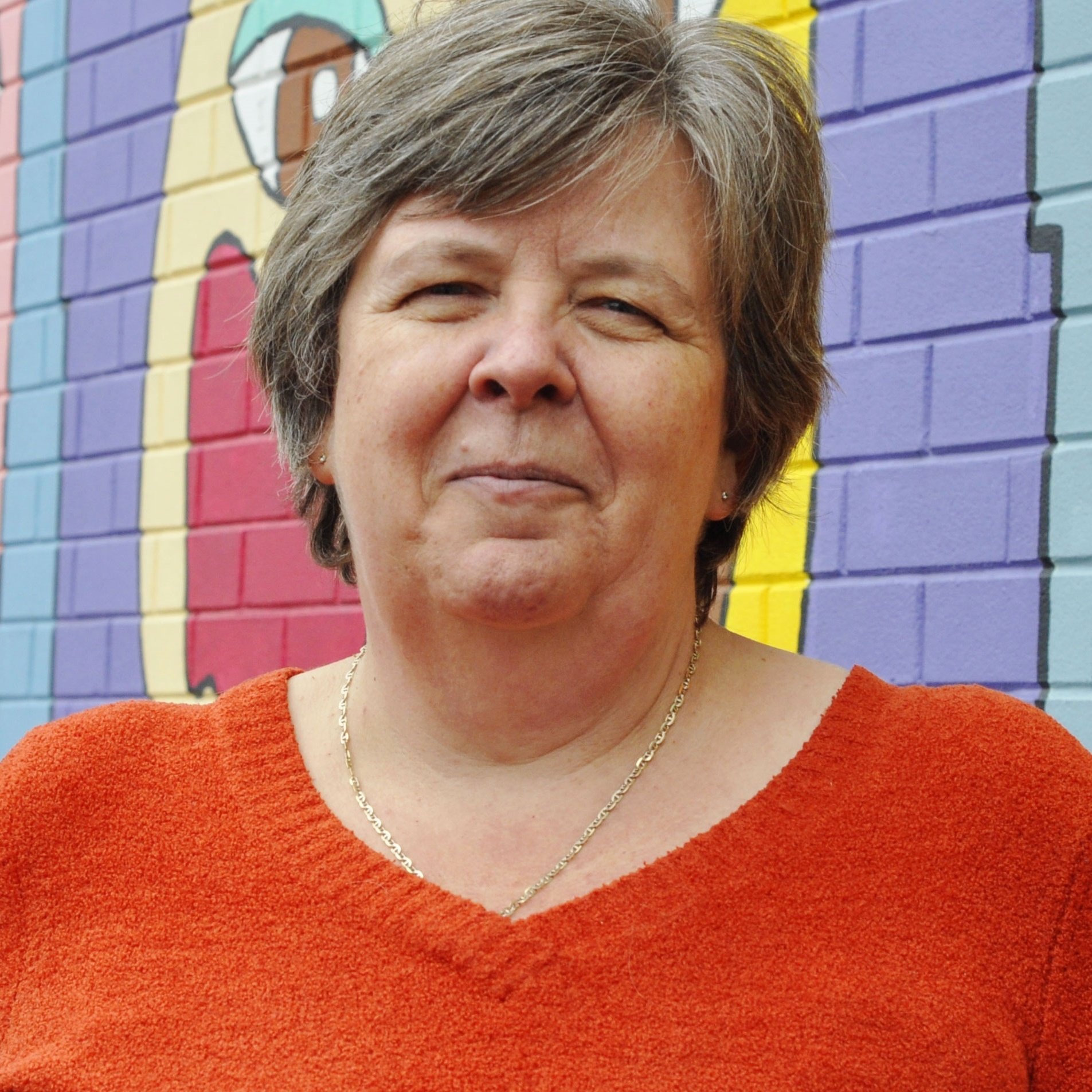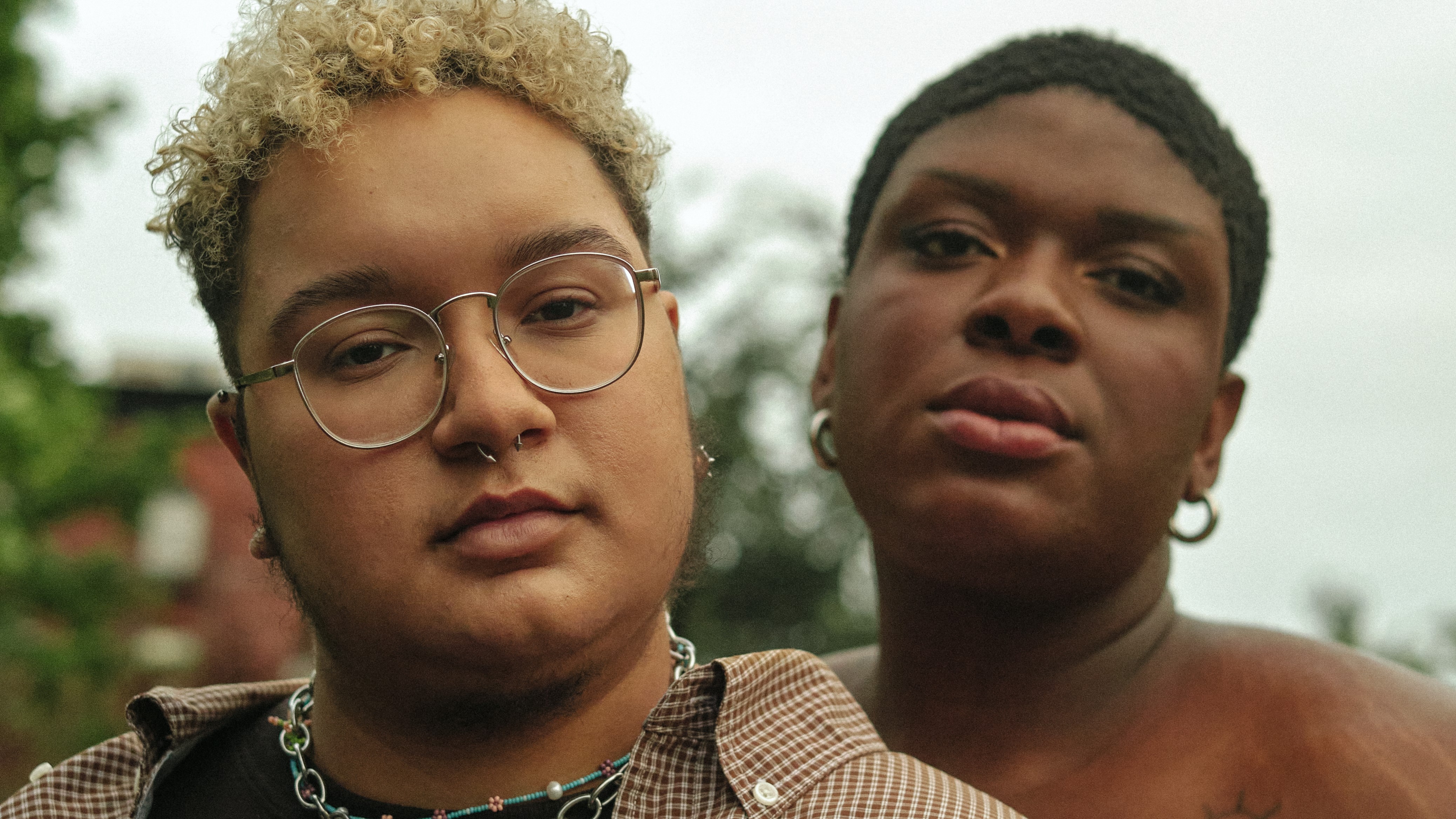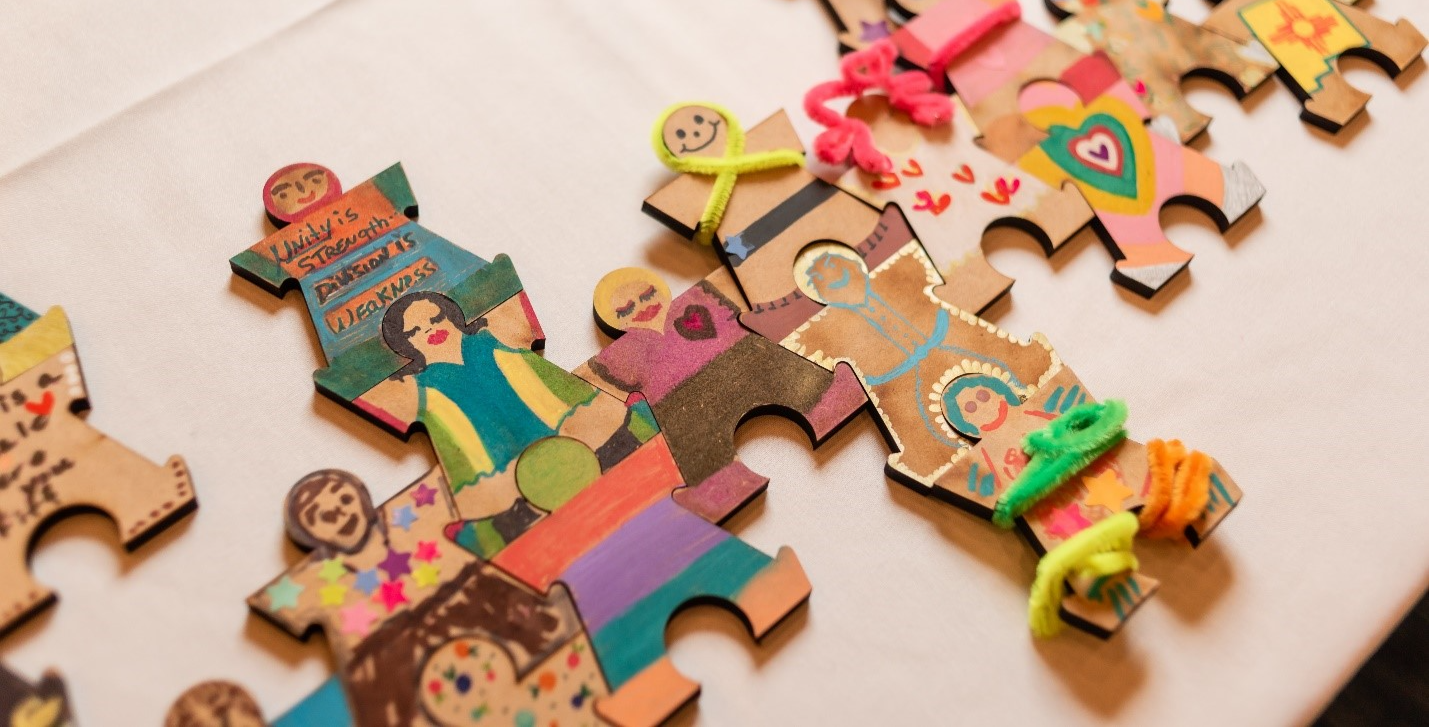A Harvard Business Review article describes that to build trust you need to align your interests and motivations with those of the 
person you are working with or collaborating with.
Margaret Wheatley, community change leader, author and poet also describes building trust as getting to know each other at a deep level. In the poem Turning to One Another, Wheatley describe the simple power of conversations and questions in building relationships and trust:
There is no power greater than a community discovering what it cares about.
Ask: “What’s possible?” not “What’s wrong?”
Keep asking.
Notice what you care about.
Assume that many others share your dreams.
Be brave enough to start a conversation that matters.
Talk to people you know.
Talk to people you don’t know.
Talk to people you never talk to.
Be intrigued by the differences you hear.
Expect to be surprised.
Treasure curiosity more than certainty.
Invite in everybody who cares to work on what’s possible.
Acknowledge that everyone is an expert about something.
Know that creative solutions come from new connections.
Remember, you don’t fear people whose story you know.
Real listening always brings people closer together.
Trust that meaningful conversations can change your world.
Rely on human goodness.
Stay Together
So why is it so difficult to build trust? Perhaps the key to this can be found in Stephen M. R. Covey’s book, The Speed of Trust. Covey states that there is a crisis of mistrust in our lives and our communities. We read about the breakdown of trust daily in the media. Individuals in power sometimes use this power in ways that create mistrust amongst employees and colleagues.
When building collaborative efforts to move community change forward, we have to navigate, what Covey calls, the 5 waves of trust: self trust, relationship trust, organizational trust, market trust and societal trust.
As I read about these five waves, I was intrigued that the first wave is self trust. Self trust is the confidence that you have in yourself to achieve goals, manage commitments and walk the talk. If you can’t trust yourself, how can you expect others to trust you? This wave requires serious self reflection.
If I am engaged in collaborative work, to what degree am I committed to the shared goal of change? How can I be counted on? What barriers will prevent me from being authentic in this work.
Relationship trust is about our relationship with others. How much have we invested into these relationships and is there a ‘trust account’ that exists? When we bring individuals with different perspectives to the table, we likely have not built a trust account. In these cases, we have to invest more time in aligning motivations and interests, listening authentically and building relationships.
Organizational trust, as described by Covey, deals with how leaders can generate trust in their organizations. This is a little more complicated. In some cases, the work of the organization is trusted, but the leader might not be, or it could be vice versa. Covey suggests that organizational trust is built through alignment from the vision and mission of the organization, its leadership and its service delivery. This is particularly relevant in community change efforts where multiple organizations might be around the table including businesses, governments and community change organizations.
Does organizational trust exist for all partners? If not, building this is critical. Tamarack uses a three question approach to build individual and organizational trust: what can I give to this effort; what do I need to get from this effort; and what are my constraints?
Market trust is about reputation and brand. Do your partners believe that your organization is authentic and will live up to its commitments? When there is high market trust, partners will invest more deeply in the effort. In community change efforts, you are often trying to build market trust because there is skepticism about whether deep change is possible.
The final wave is societal trust. Covey characterizes societal trust as creating value for others and for society at large. Community change efforts designed to advance the mission of one organization is a key ingredient to building mistrust.
So what can we learn from these three perspectives about building trust?
* Building trust is relational – we need to engage authentically and identify those things we have in common.
* Building trust begins with self trust – if we don’t trust ourselves, how can we expect others to trust us.
* Building trust is reputational – others have perspectives about you, your organization, and your relationships, understanding these is key.





